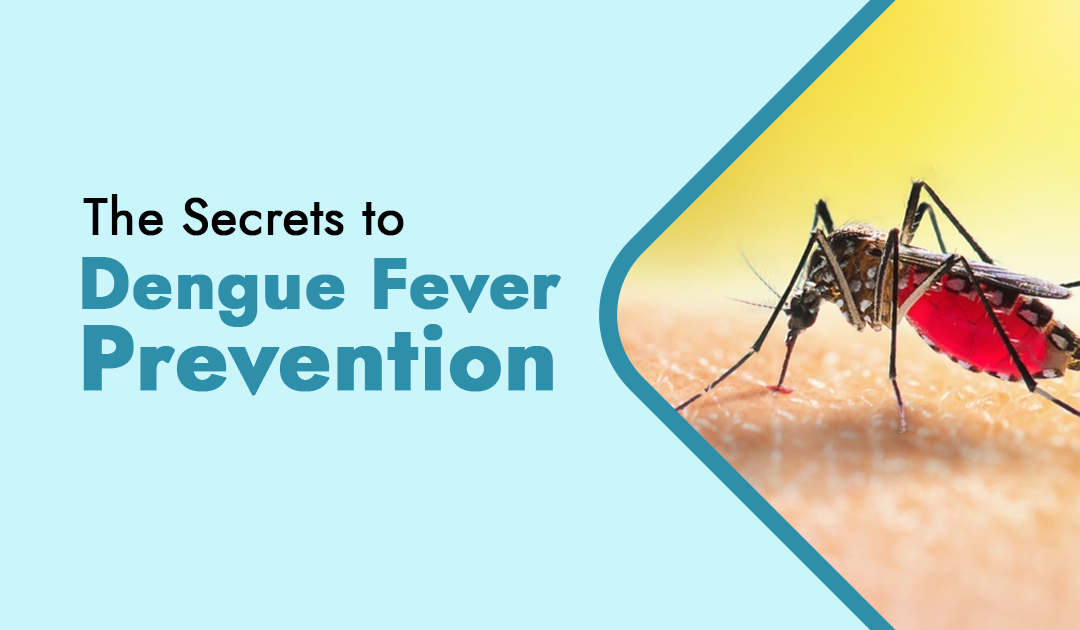Rabies is a fatal but preventable viral disease that spreads to humans and pets after a bite or scratch from a rabid animal.
The rabies virus attacks the central nervous system. It is crucial to get immediate medical care and attention after a potential rabies exposure, the absence of which can cause brain disease, ultimately leading to death. As prevention, doctors suggest vaccinating pets, keeping away from wildlife, and seeking immediate medical care post potential exposure before symptoms start showing up.
What are the symptoms of rabies?
The period from the bite to the showing of symptoms is known as the incubation period. Usually, it takes around 3 weeks to 3 months for someone to develop the symptoms of rabies after they have contracted the viral infection.
The initial symptoms of rabies are flu-like, such as general weakness, fever, or headache. The symptoms last for days before acute symptoms of anxiety, cerebral dysfunction, agitation, and confusion show up. With the spread of the disease, the infected individual experiences abnormal behaviour, delirium, hydrophobia, hallucinations, and insomnia. This period lasts from 2 to 10 days
Soon after the clinical signs appear, the infection turns fatal. To date, there are not more than 20 documented cases of human survival from clinical rabies, of which only a few didn’t have a history of pre or post-exposure prophylaxis.
In the case of animals, the signs and symptoms may vary. However, they are more or less similar to the symptoms seen in humans, including initial nonspecific symptoms, acute neurologic symptoms, and finally death.
How do you catch rabies?
Animals having rabies transfer the infection to humans and other animals via saliva after a bite or scratch. Alternatively, any contact with an open wound or mucous membranes can also lead to the transmission of the virus.
The virus transmission occurs exclusively from animal to human, and animal to animal. Humans who contract rabies is mostly from an unvaccinated dog. As soon as a person is bitten, the virus gets into the nerves and spreads to the brain. Scratches or bites on the neck and head speed up the spinal cord and brain involvement due to the location of trauma. Doctors suggest seeking immediate medical attention if a person is bitten on the neck. Following a dog bite, the rabies virus reaches the brain through the nerves and starts multiplying faster, It causes severe inflammation of the spinal cord and brain which deteriorates the condition and the person dies.
How to prevent rabies?
To reduce or prevent the risk of rabies, one should take care of the following things:
Wash the bite site immediately: If bitten by an animal suspected of being infected by the rabies virus, wash off the area immediately with tap water for 15min.
How do you catch rabies?
Animals having rabies transfer the infection to humans and other animals via saliva after a bite or scratch. Alternatively, any contact with an open wound or mucous membranes can also lead to the transmission of the virus.
The virus transmission occurs exclusively from animal to human, and animal to animal. Humans who contract rabies is mostly from an unvaccinated dog. As soon as a person is bitten, the virus gets into the nerves and spreads to the brain. Scratches or bites on the neck and head speed up the spinal cord and brain involvement due to the location of trauma. Doctors suggest seeking immediate medical attention if a person is bitten on the neck. Following a dog bite, the rabies virus reaches the brain through the nerves and starts multiplying faster, It causes severe inflammation of the spinal cord and brain which deteriorates the condition and the person dies.
How to prevent rabies?
To reduce or prevent the risk of rabies, one should take care of the following things:
Wash the bite site immediately: If bitten by an animal suspected of being infected by the rabies virus, wash off the area immediately with tap water for 15min.
Keep the pets confined: Individuals having pets should keep them indoors and be cautious when taking them outdoors. Keeping pets away from any rabid animal is crucial.
Vaccinate the pets: Anyone having dogs, cats and ferrets as pets must vaccinate them against rabies. Seek help from the veterinarian on how and when the pets should be vaccinated.
Keep away from unafraid wild animals: Wild animals infected by rabies seem unafraid to people, and as it is not normal for wild animals to be friendly with humans, it is suggested to keep away from such animals.
In humans, rabies can be prevented by ensuring on-time and appropriate medical care. Seek your doctor’s advice when bitten or scratched by an animal.




